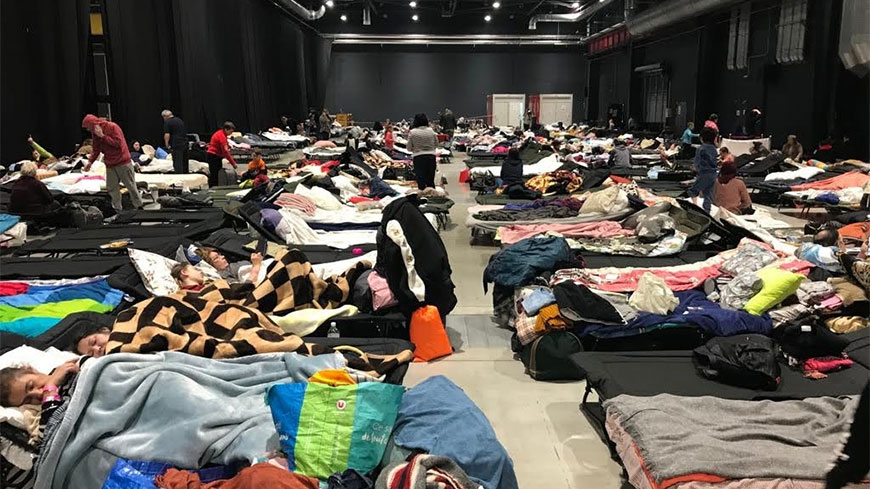“All member states should strengthen their efforts to coordinate – both at domestic and European levels – and scale up support for the response to the humanitarian and human rights needs of people fleeing the war in Ukraine. Medium and long-term planning is urgently needed to ensure sustainability of humanitarian assistance, effective integration, and the protection of safety and dignity of people fleeing,” said today the Council of Europe Commissioner for Human Rights, Dunja Mijatović, following a series of separate monitoring missions members of her staff carried out to Poland, the Slovak Republic, Hungary and Romania from 16 to 21 March 2022, a mission by the Commissioner to the Slovak Republic and the Czech Republic on 21 and 22 March,* and her earlier mission to the Republic of Moldova from 6 to 8 March.
The Commissioner stresses that member states not sharing a border with Ukraine must also step up their role to coordinate and support the enormous efforts provided in the countries she and her teams visited. “This should include the facilitation of movement to other countries”, she said.
According to UNHCR, more than 3.6 million people have so far fled Ukraine since the start of the war. Most of them are hosted in countries close to Ukraine. In view of the challenges faced by these countries, all Council of Europe member states should step up their assistance, including by providing all necessary funding. A specifically urgent need is to help to transfer people fleeing Ukraine to other countries in Europe. So far, onward movement is mainly spontaneous or organised by private actors. But central governments, regional authorities and municipalities in other member states must urgently start coordinating and organising such transfers with countries neighbouring Ukraine, and must do so in very large numbers in order to meet the current needs.
Creating more predictability and clarity on where people moving onward can be appropriately accommodated is crucial for these people and also for countries now at the forefront of receiving them. It is also important with a view to reducing the risks of trafficking in human beings and exploitation. Sending more trains, buses and other means of transport in a coordinated way is a very concrete step that governments, regions and cities now can and must take.


